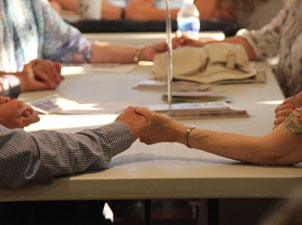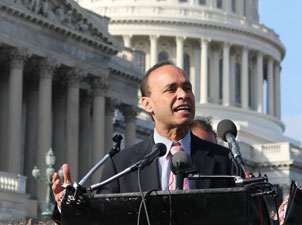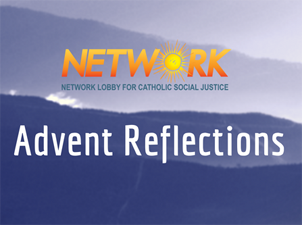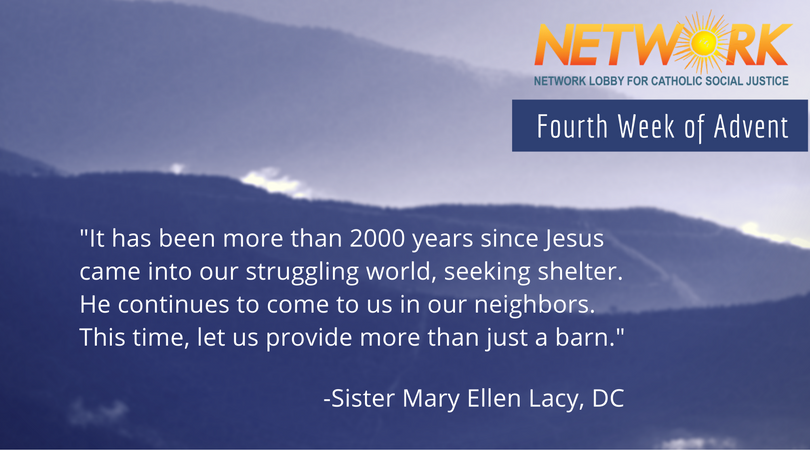
Becoming Eagerly Engaged
By U.S. Senator Catherine Cortez Masto (D-NV)
From NETWORK’s Catholic Social Justice Reflection Guide
Over 60 years ago, my father and mother met in Las Vegas, Nevada. My father, the son of a Mexican immigrant, got his start parking cars at the Dunes Hotel and eventually rose to become the head of the Las Vegas Convention and Visitors Authority – working to help build Las Vegas into the premier destination it is today. My father, Manny Cortez, lived his life following three principles: work hard, be honest, and respect everyone.
If it were not for my grandparents and parents’ hard work and the opportunities this country afforded them, my sister and I would have not been the first in our family to graduate from college and I would not be serving as the first Latina senator in the U.S. Senate.
For me, the appeal of public office has never been about the spotlight or political influence. It has always been about giving back – an important principle my parents taught me from a young age. I ran for public office because I want to give back to the community that has given so much to my family.
I’ve spent my career working to solve problems. As Nevada’s attorney general, I introduced over 40 bipartisan bills that were signed into law by a republican governor. As Nevada’s newest U.S. Senator, I will work to find common ground with my new colleagues to end the gridlock in Washington and get to work on the issues most important to Nevadans.
I also believe in ensuring the most vulnerable among us have the opportunities they need and deserve to succeed. When I first ran for public office and later for Senate, I promised that I would be a voice for those who have often been neglected. That’s why I have been a tireless advocate for human rights issues, especially domestic violence and sexual assault prevention. When women are given the support and tools they need to succeed, our communities thrive. That is why I am committed to passing equal pay for equal work legislation, raising the minimum wage, and passing comprehensive immigration reform to keep hardworking immigrant families together.
While we have a president who has wasted no time putting the anti-immigrant, misogynist, xenophobic rhetoric he campaigned on into dangerous action, I will continue fighting every day for an America that is inclusive and welcoming, not one that divides us and takes us backwards. But I cannot do it alone. We must all become eagerly engaged in our communities. Together, our voices and our actions can, and will, make a difference.
Senator Catherine Cortez Masto represents the state of Nevada. As a former attorney general, she has championed the rights of the vulnerable and fought for comprehensive foreclosure reform.












